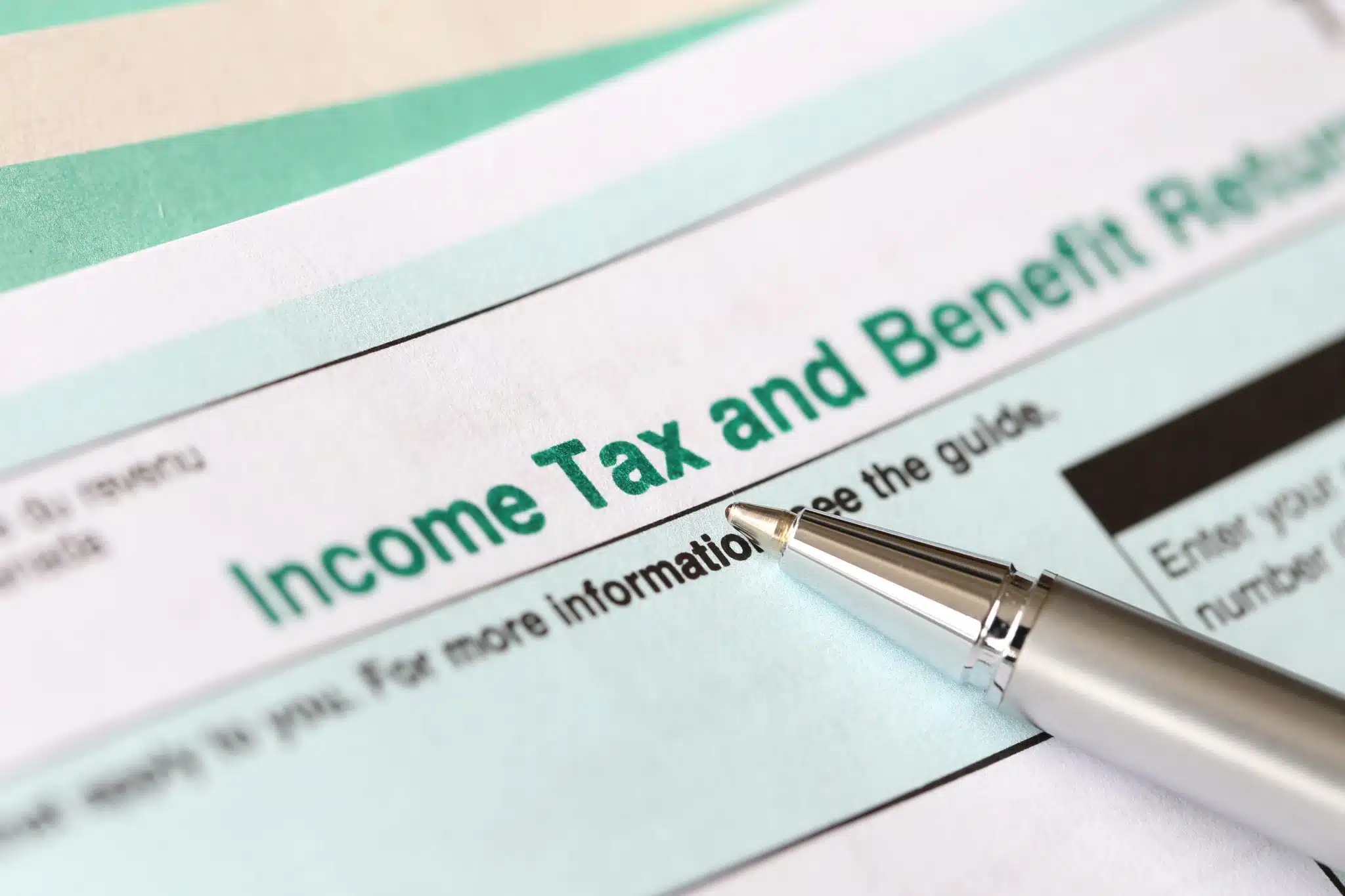In Canada, periodic spousal support amounts paid pursuant to a Court order or written agreement are tax deductible by the payor and are taxable income to the recipient. The rules are set out in the Income Tax Act. This allows for tax efficiency in separated families, since the recipient’s marginal tax rate is virtually always lower than the payor’s.
The amount the recipient receives after subtracting the tax payable on the spousal support is called the ‘after-tax benefit.’ The amount that the payor pays after the subtracting the tax deduction on the spousal support is called the ‘after-tax cost’ of support.
Occasionally, due to over or underpayment of spousal support, parties or a court need to determine the best way to adjust spousal support for previous years, since the tax deductibility/taxability can only be adjusted for the year of an order or agreement and the one tax year prior to the order or agreement. This means that if a Court is deciding an issue of retroactive support outside this period, a judge needs to consider the different tax treatment. Tax efficiency is not available, so there are fewer dollars to go around.
Justice Shelston of the Ottawa Superior Court of Justice recently addressed this issue in Verhey v. Verhey.
He considered whether a retroactive support adjustment should be adjusted so that the recipient had the same after-tax benefit as she would have had, if tax had been paid on the support, or whether the payor should only have to pay what he would have paid, after tax, had support been deductible.
Justice Shelston, citing Charron v. Carriere, and Patton-Casse v. Casse, took a “balanced” approach by averaging the after-tax benefit of the support to the recipient and the after-tax cost of the support to the payor, in other words, he used the ‘after-tax midpoint.’
While the after-tax midpoint is often a fair outcome, Justice Shelston emphasized that, as per the Charron decision, the test on what method to use is a subjective one that should look at all circumstances including the parties’ respective financial circumstances.
The tax rules for spousal support have several exceptions and caveats. If you need advice on the tax rules and implications for spousal support, do not hesitate to contact me.
This blog post was written by Mary Cybulski a member of the Family Law team. She can be reached at 613-566-2073 or at mary.cybulski@mannlawyers.com.







